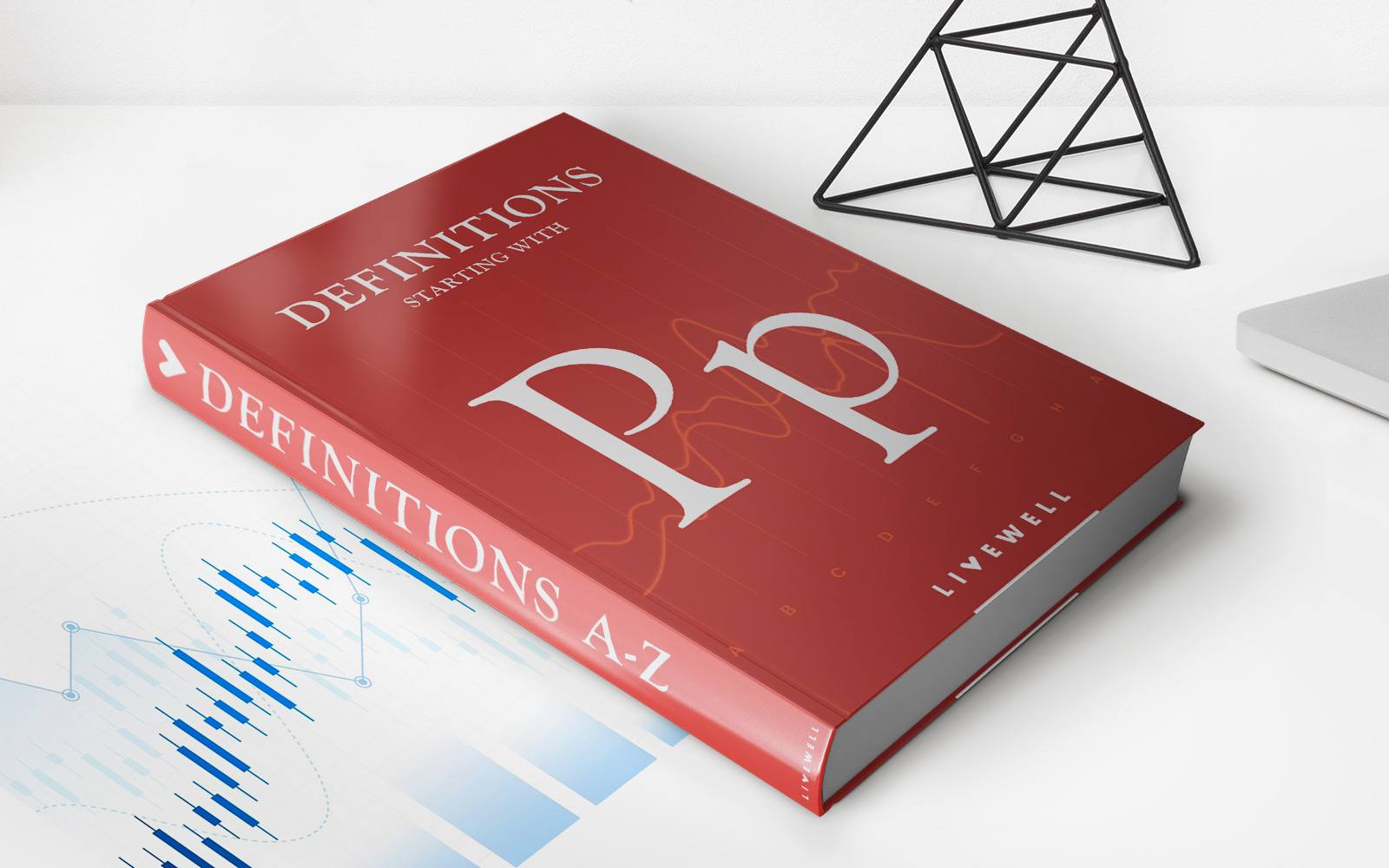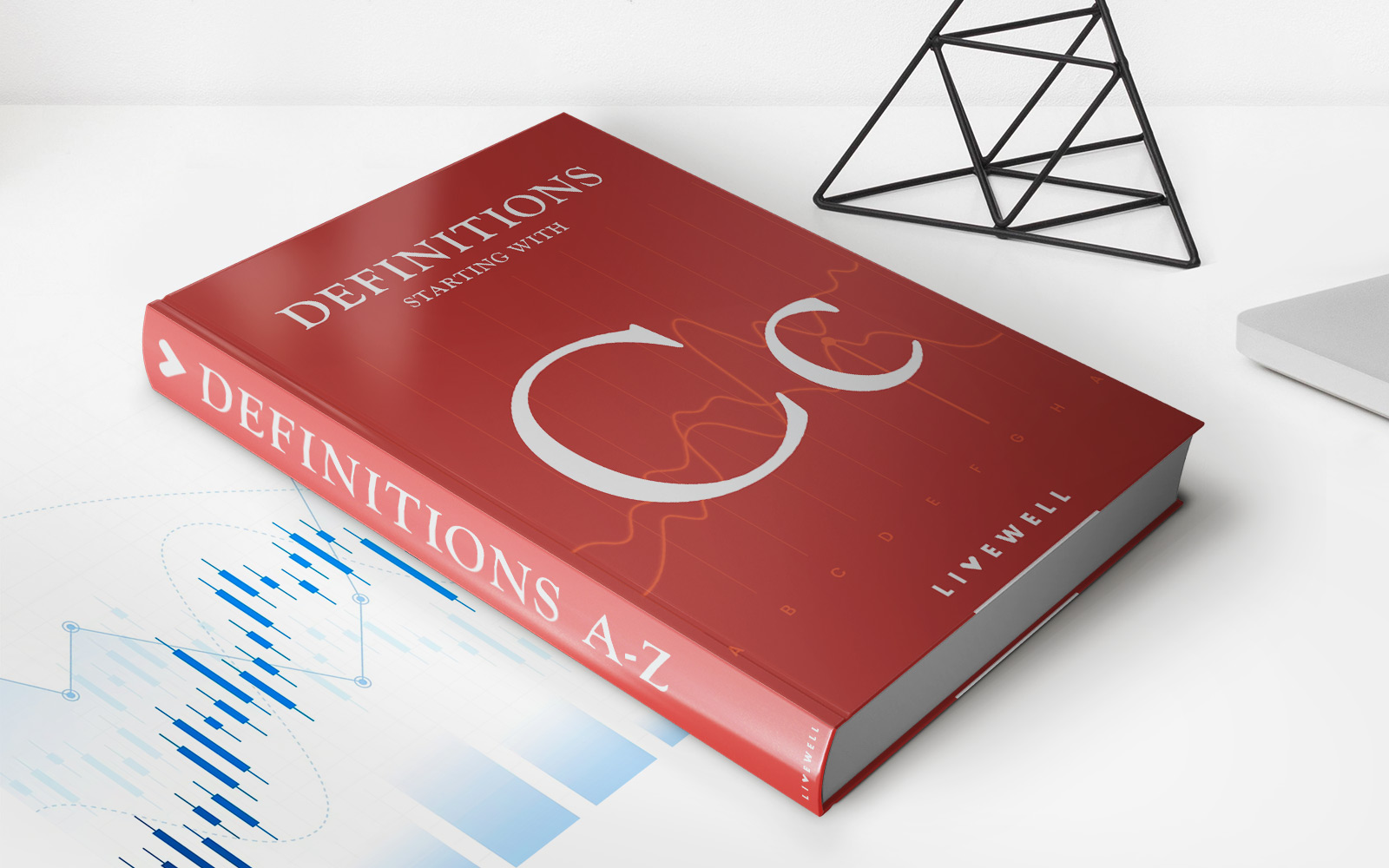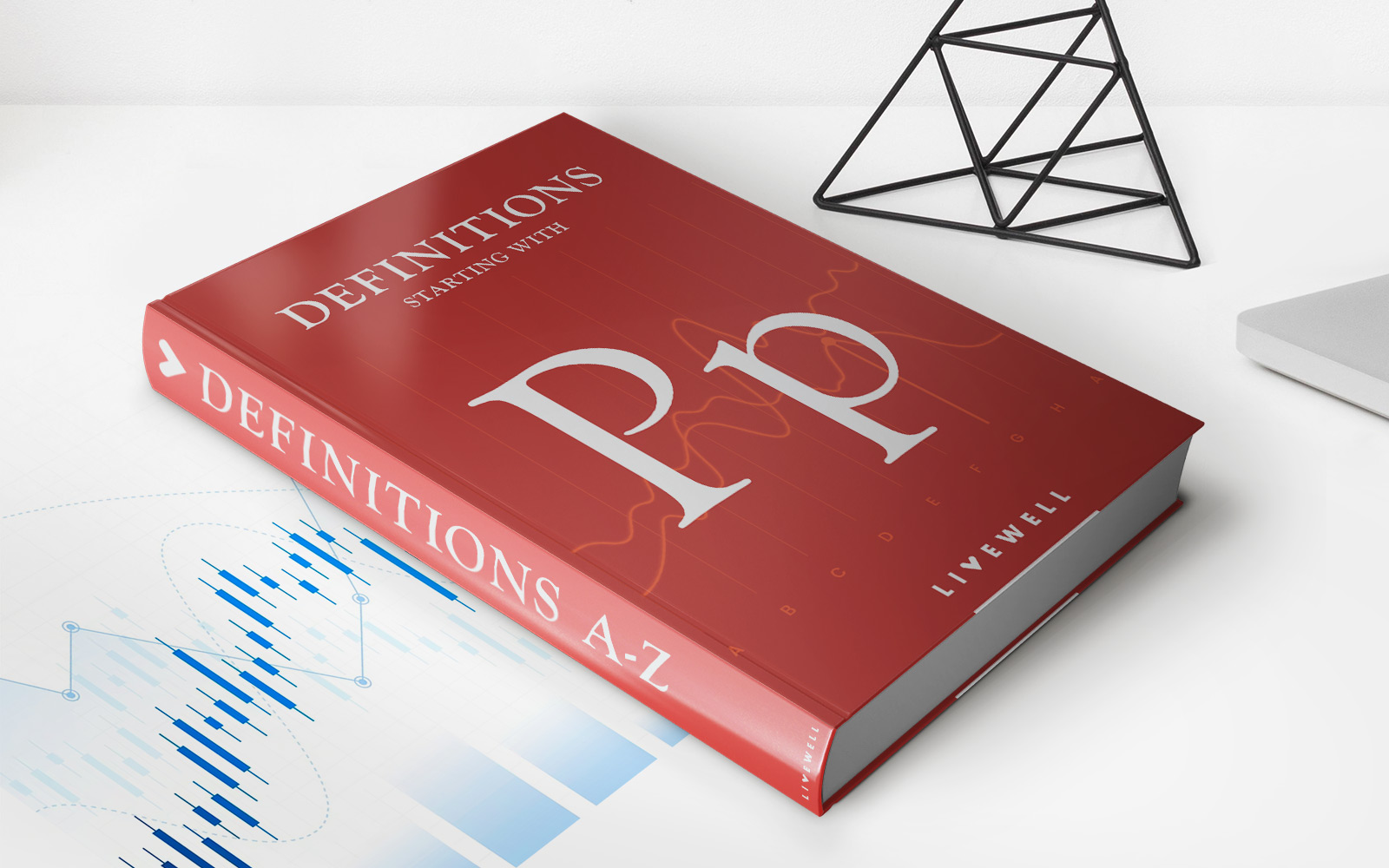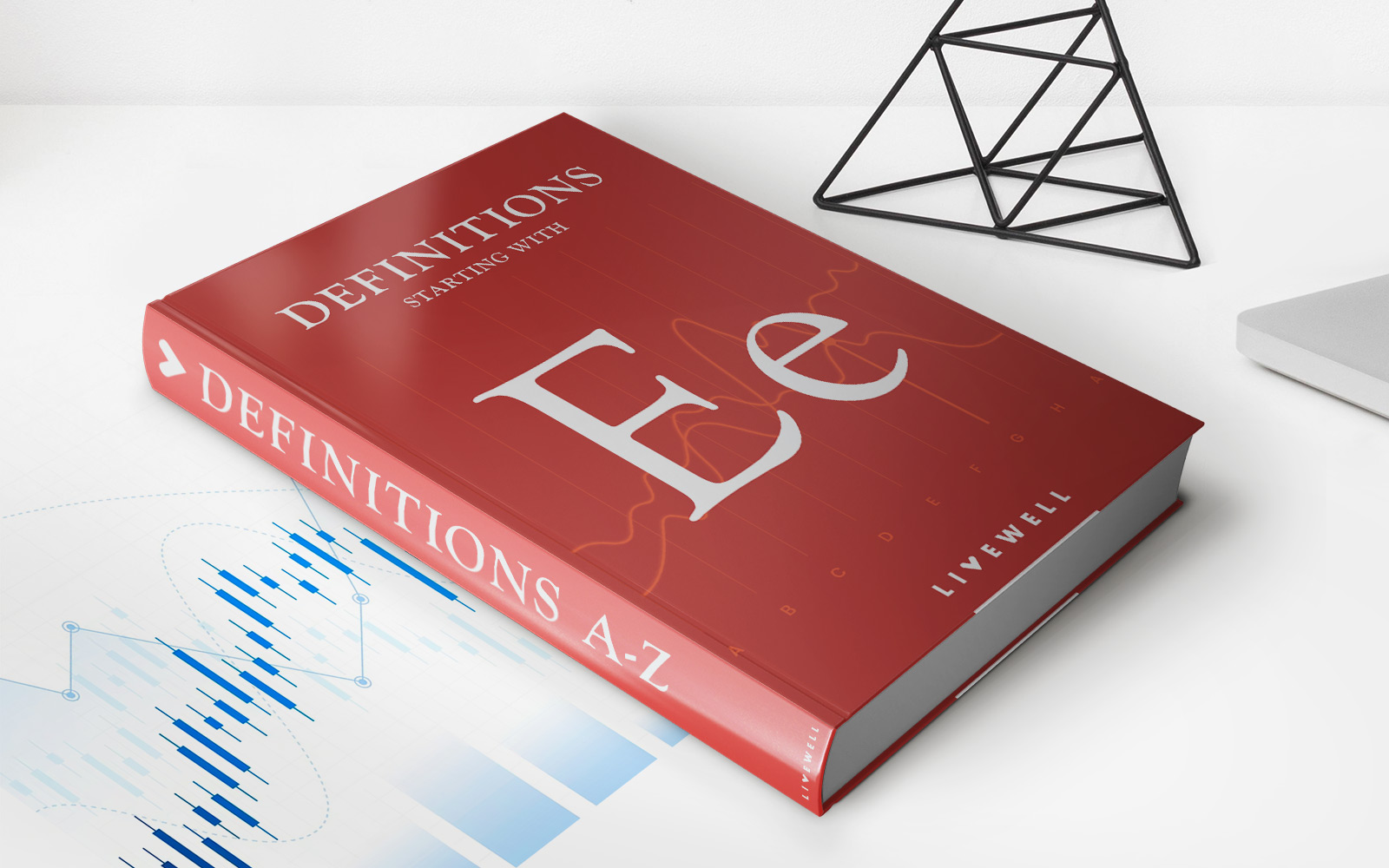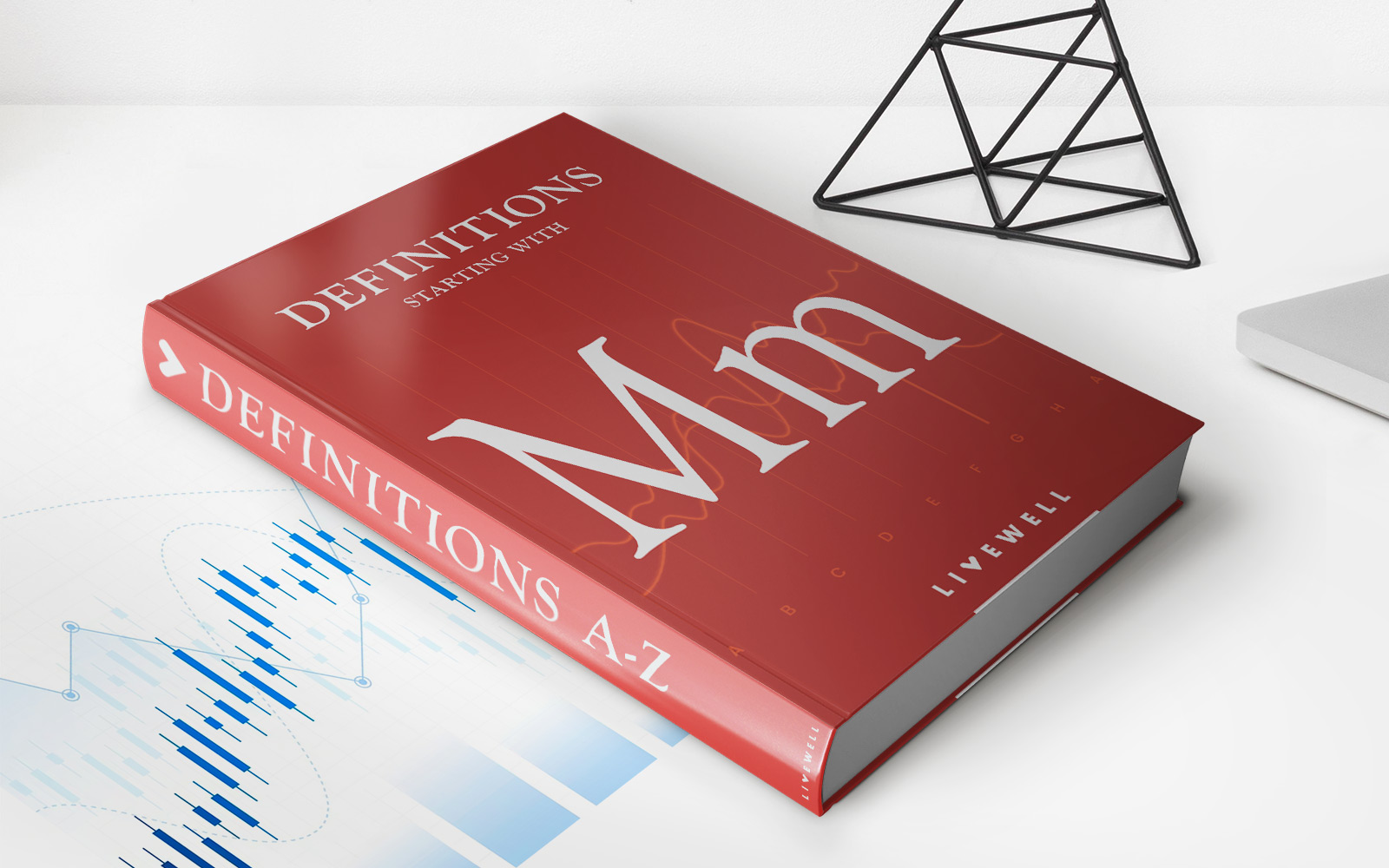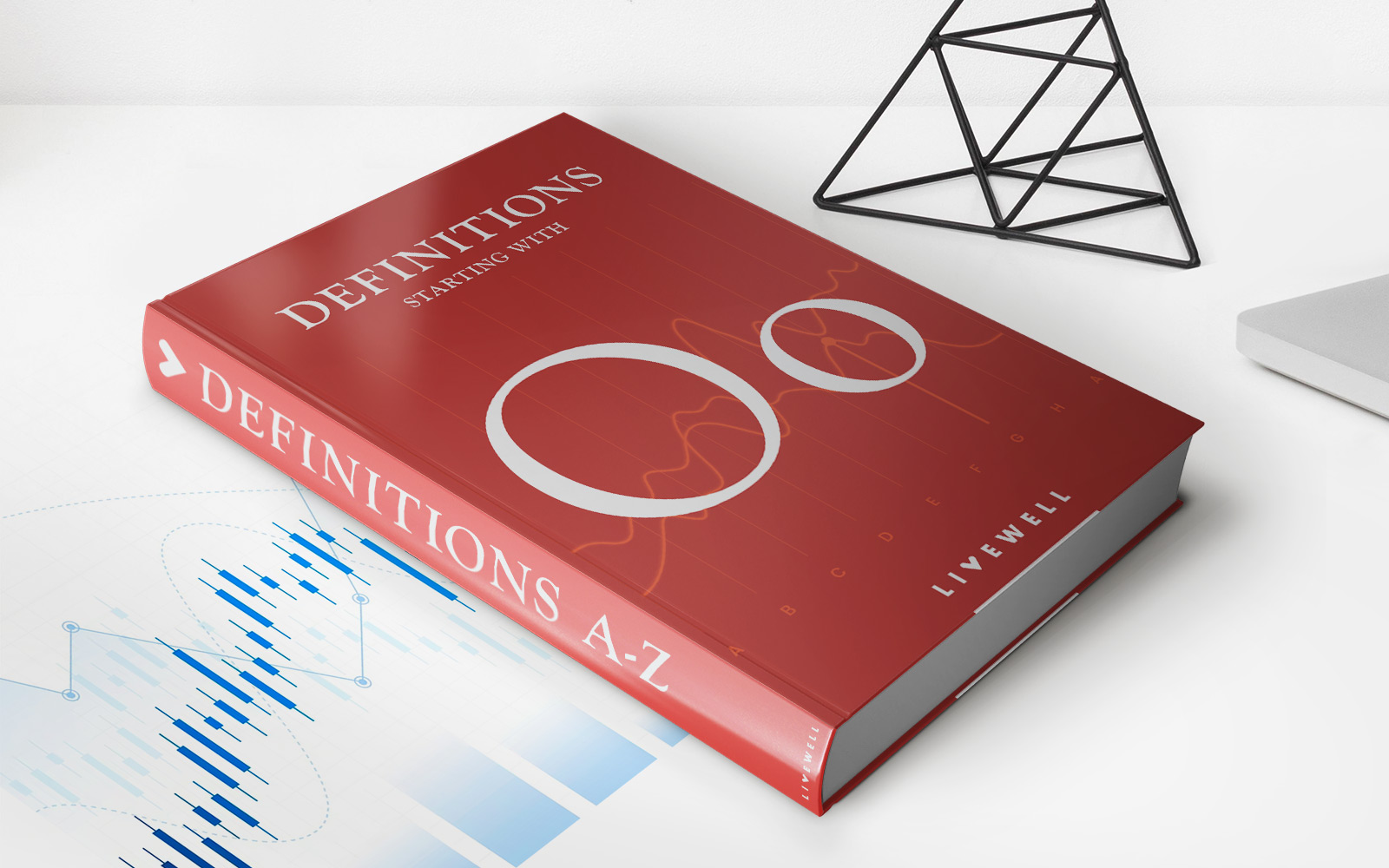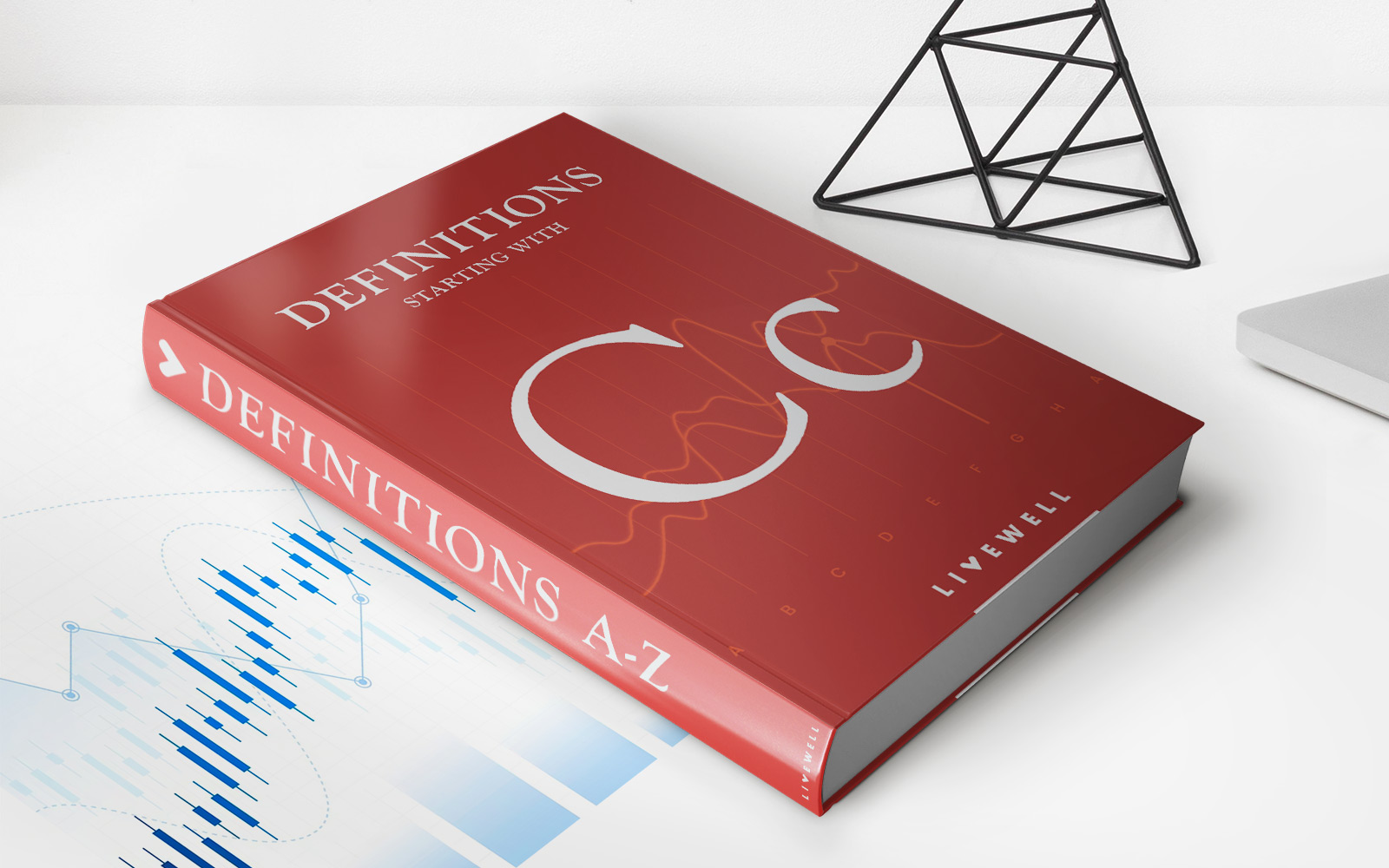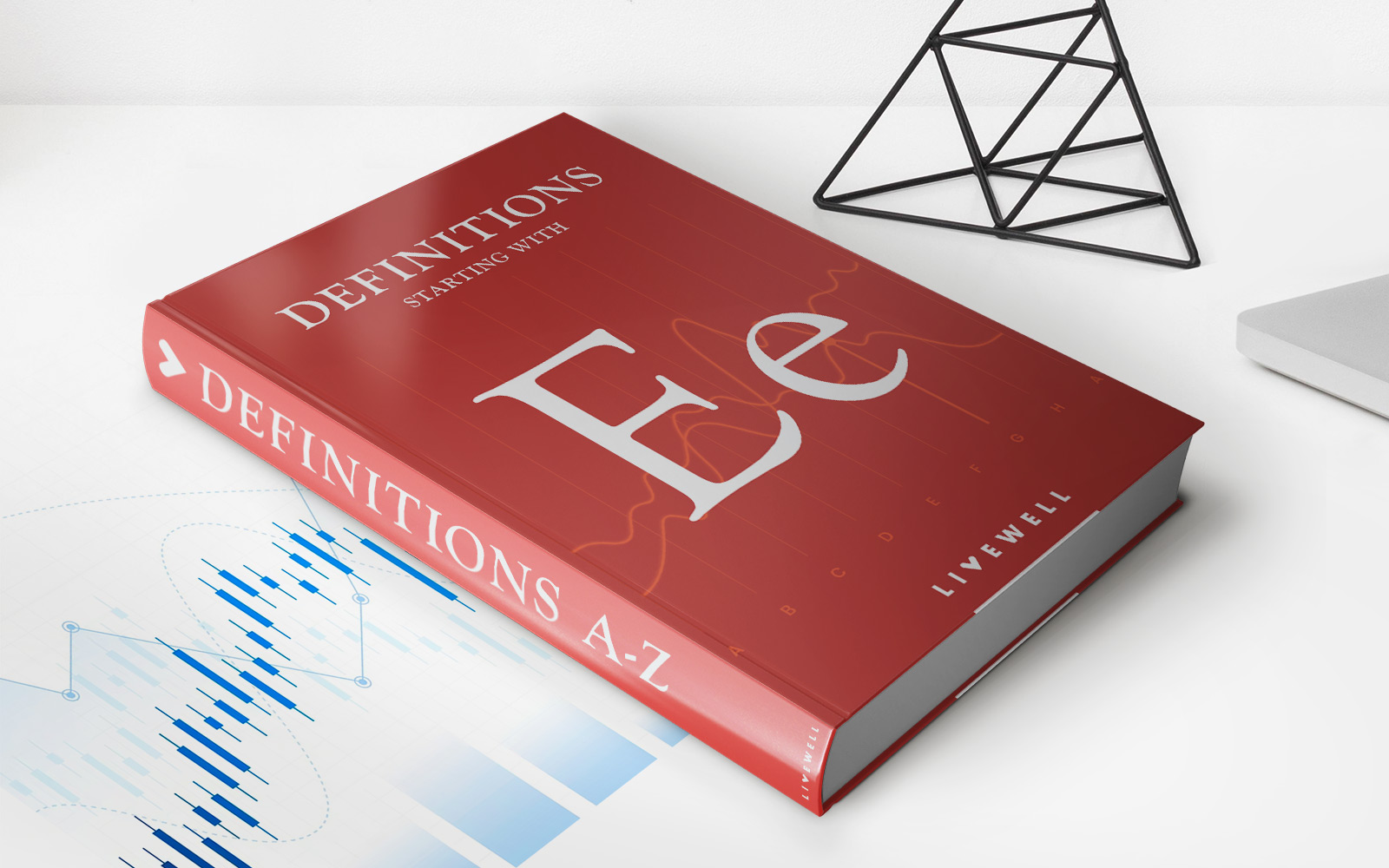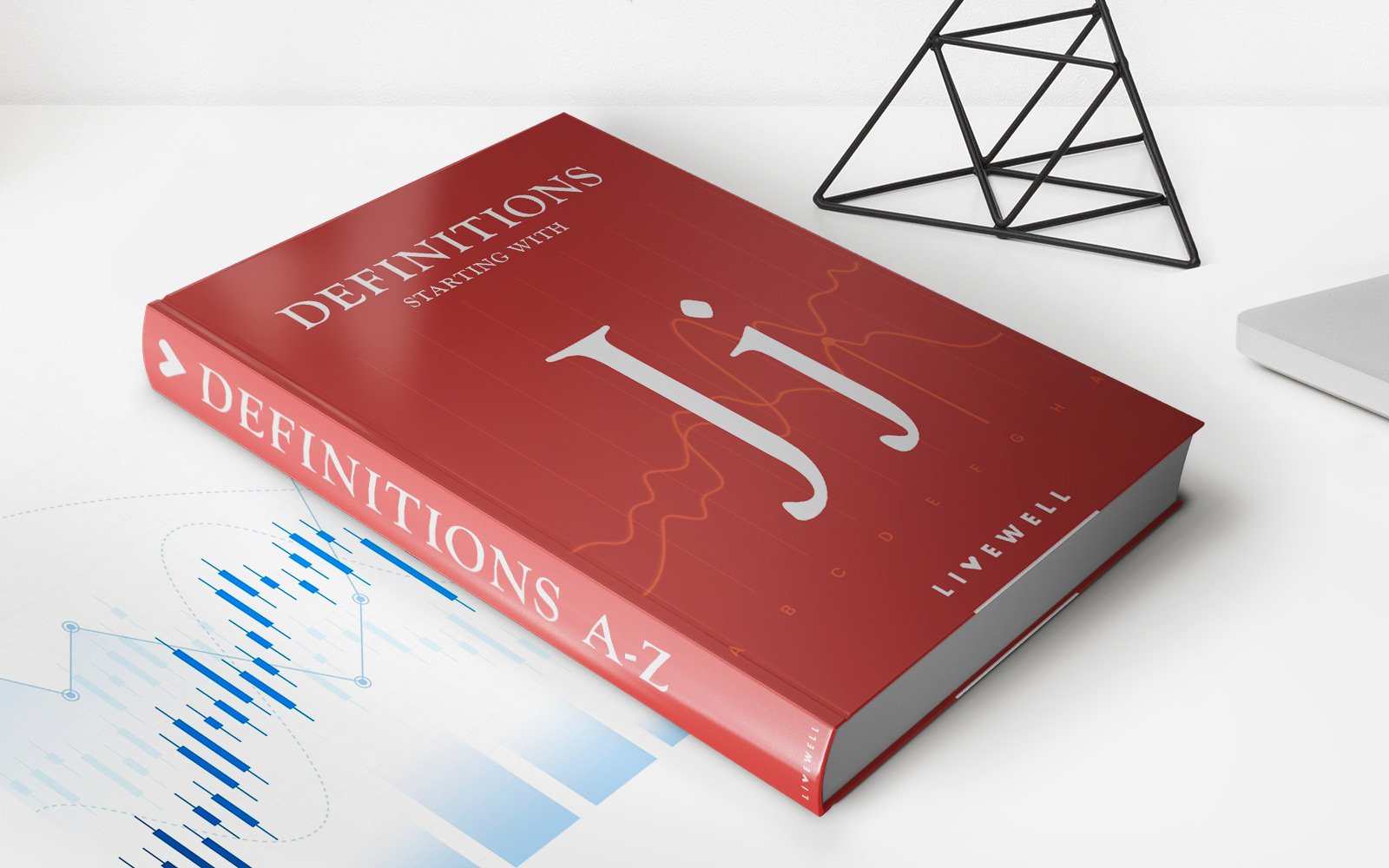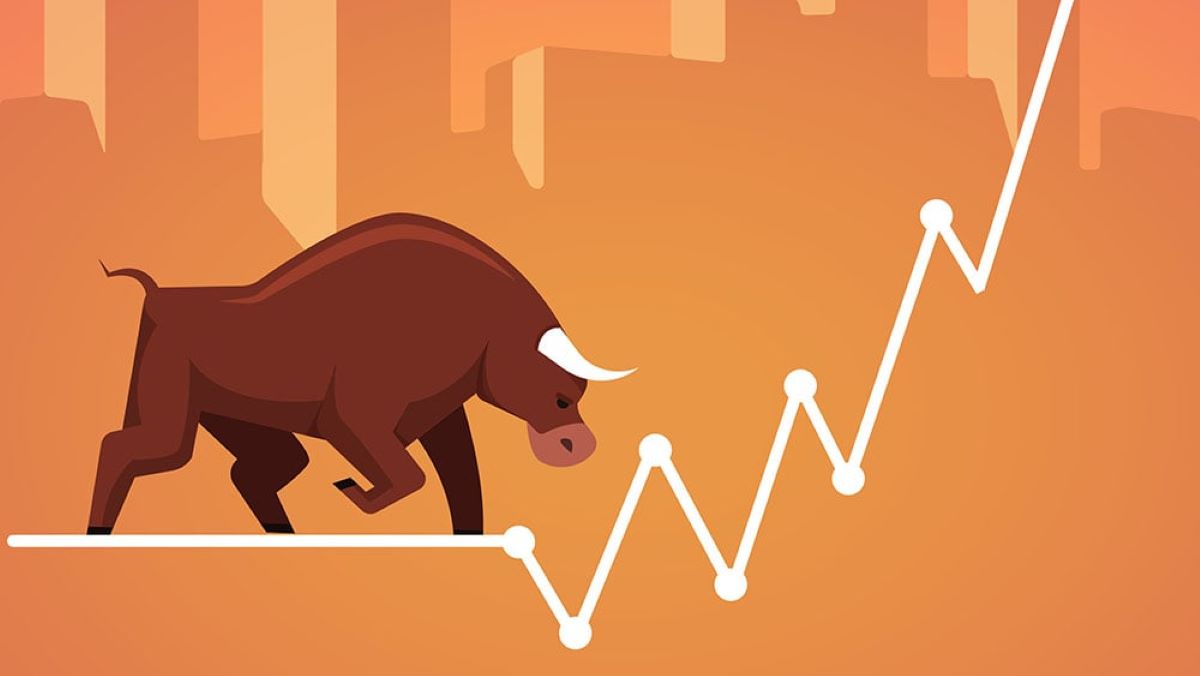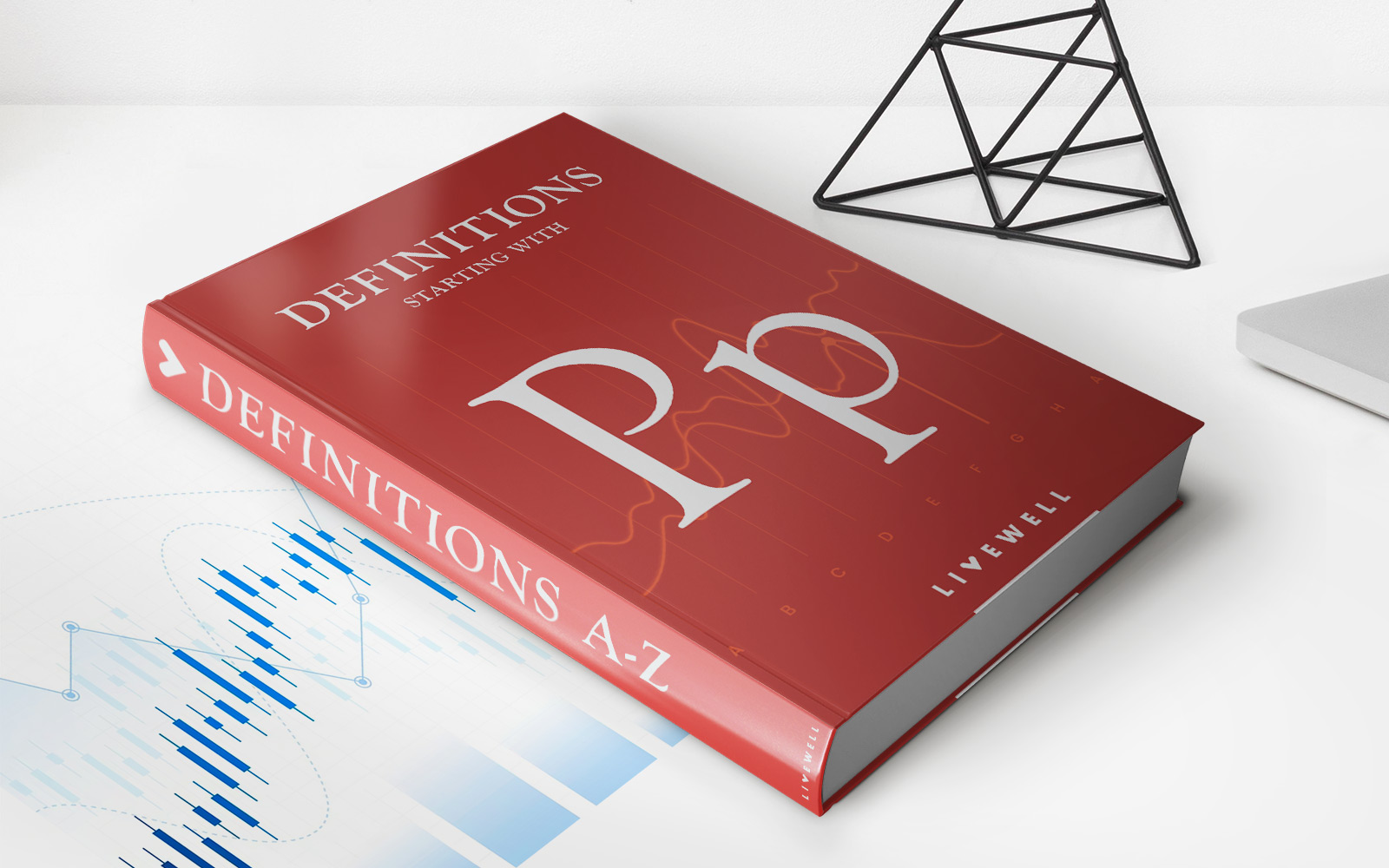

Finance
Pacific Exchange (PCX) Definition
Published: January 5, 2024
Learn about Pacific Exchange (PCX) and its definition in the field of finance. Find out how PCX operates and its role in the financial market.
(Many of the links in this article redirect to a specific reviewed product. Your purchase of these products through affiliate links helps to generate commission for LiveWell, at no extra cost. Learn more)
Understanding Pacific Exchange (PCX) Definition and Its Significance in Finance
When it comes to the world of finance, it’s important to be familiar with the various institutions and platforms that play a crucial role in shaping the industry. One such entity is the Pacific Exchange (PCX), which has long been an integral part of the financial landscape.
Key Takeaways:
- The Pacific Exchange (PCX) was a regional stock exchange that operated in California alongside the New York Stock Exchange and the American Stock Exchange.
- PCX facilitated the trading of a wide range of securities, including stocks, options, and equity derivatives.
Now, you might be wondering, what exactly is the Pacific Exchange (PCX) and why is it important? Well, let’s delve into the PCX definition and explore its significance in the realm of finance.
A Closer Look at Pacific Exchange (PCX) Definition:
The Pacific Exchange, commonly referred to as the PCX or Pac, was a regional stock exchange that operated in California from 1957 until its merger with the Archipelago Exchange in 2005 to form the NYSE Arca.
PCX was best known for facilitating the trading of a wide range of securities, including stocks, options, and equity derivatives. Through its electronic trading platform, the exchange provided a marketplace where investors and traders could buy and sell these financial instruments.
One of the noteworthy aspects of the Pacific Exchange was its focus on technology and innovation. The exchange was an early pioneer in the adoption of electronic trading systems, which revolutionized the way transactions were conducted in the stock market. By embracing technology, PCX paved the way for faster, more efficient trading.
Furthermore, the Pacific Exchange played a significant role in the options market. It was one of the largest options exchanges in the United States, offering a wide array of options contracts on various underlying assets. This allowed investors to hedge their positions, speculate on price movements, and manage risk effectively.
Significance of Pacific Exchange (PCX) in Finance:
The Pacific Exchange (PCX) had a profound impact on the financial industry for several reasons:
- Enhanced Access to Capital Markets: PCX provided a platform for companies to raise capital by listing their stocks on the exchange. This facilitated economic growth and enabled businesses to expand their operations.
- Liquidity and Price Discovery: The exchange served as a marketplace where buyers and sellers could come together, promoting liquidity and efficient price discovery for various securities.
- Options Trading: PCX’s focus on options trading brought greater flexibility and risk management capabilities to market participants.
- Technological Advancements: The Pacific Exchange’s early adoption of electronic trading systems paved the way for the development of faster, more reliable methods of conducting transactions.
Overall, the Pacific Exchange (PCX) played a crucial role in shaping the financial landscape, contributing to the growth and development of the capital markets. Although PCX no longer exists as a separate entity, its legacy and influence continue to be felt within the industry.
In conclusion, understanding the Pacific Exchange (PCX) definition and its significance provides valuable insights into the evolution of finance and serves as a reminder of the institutions that have shaped the industry we know today.
